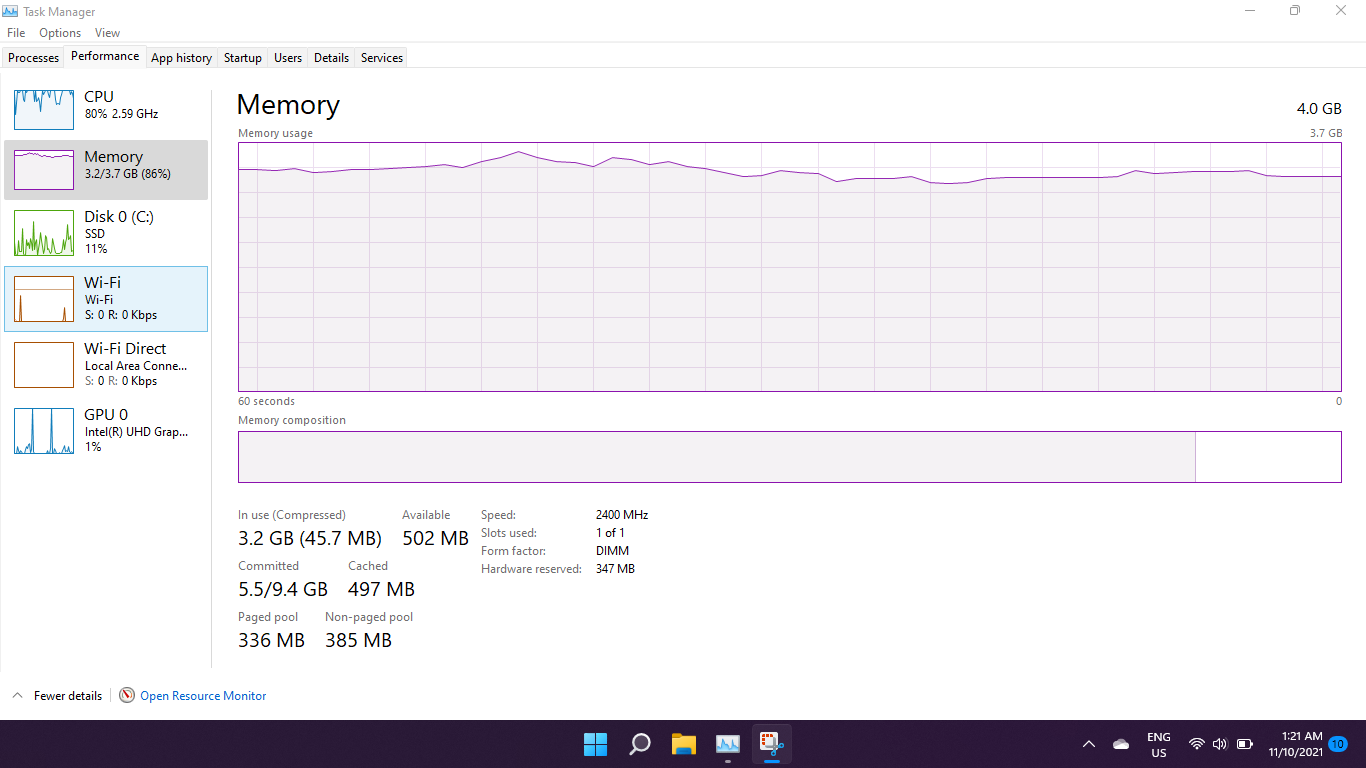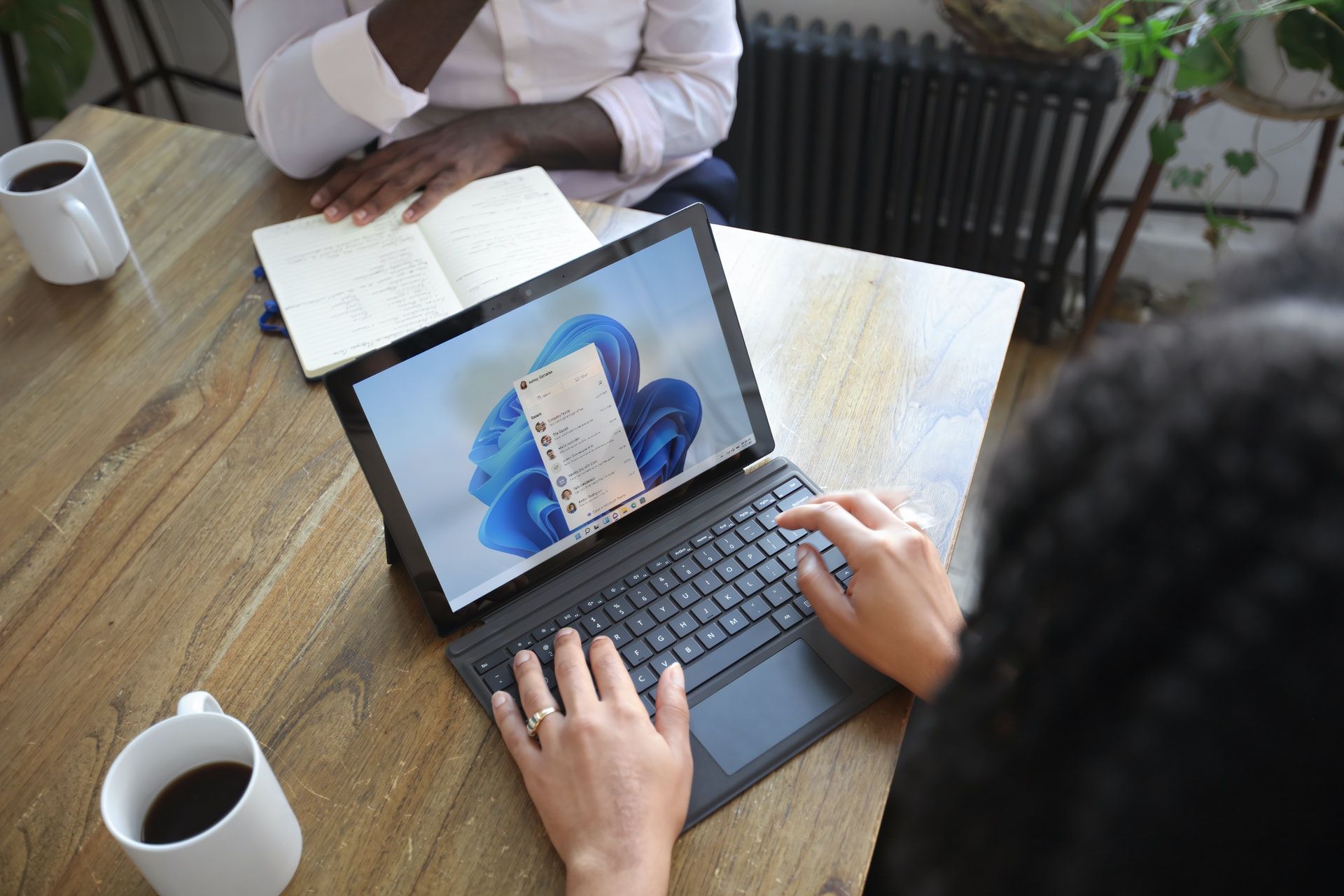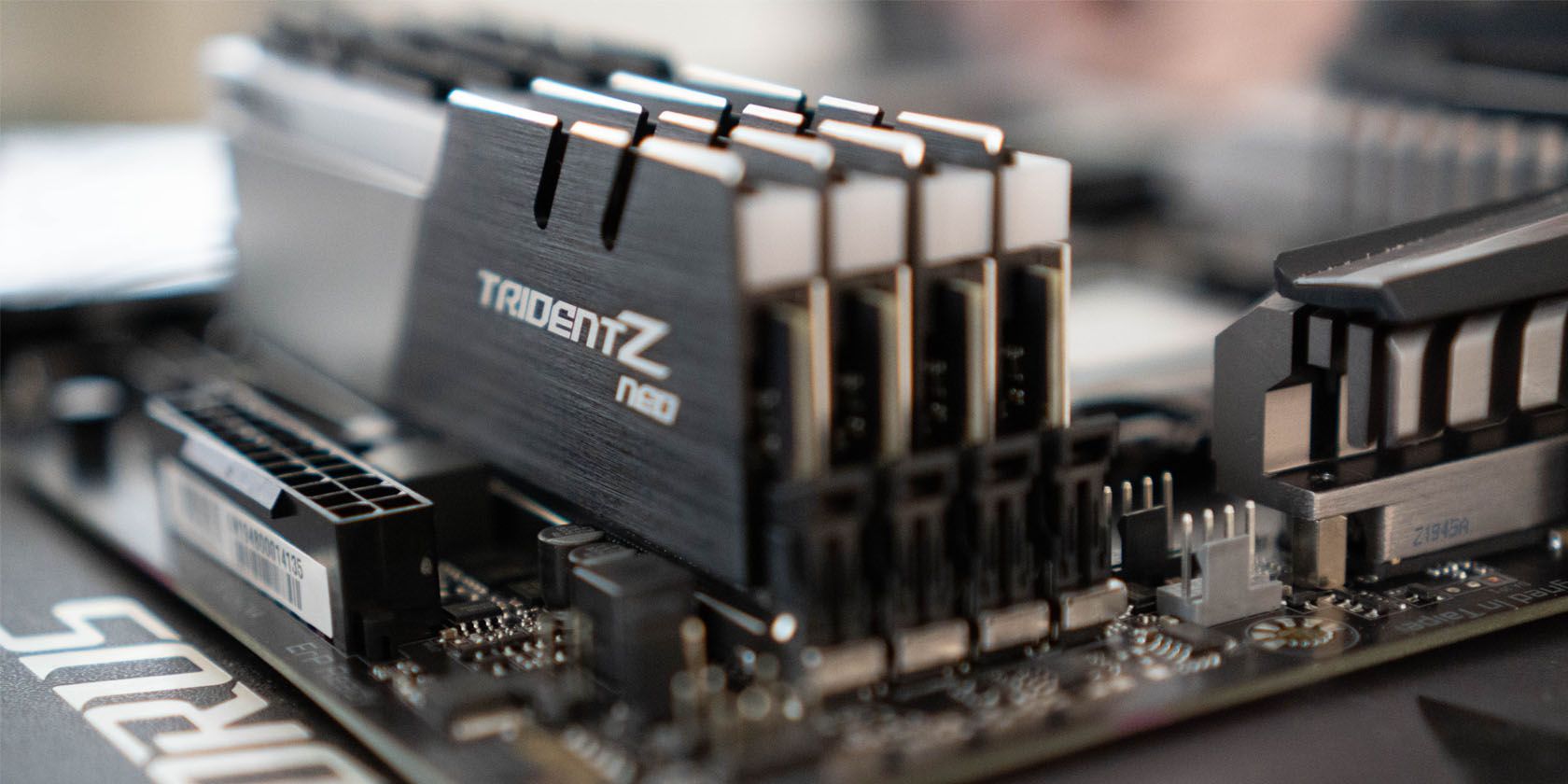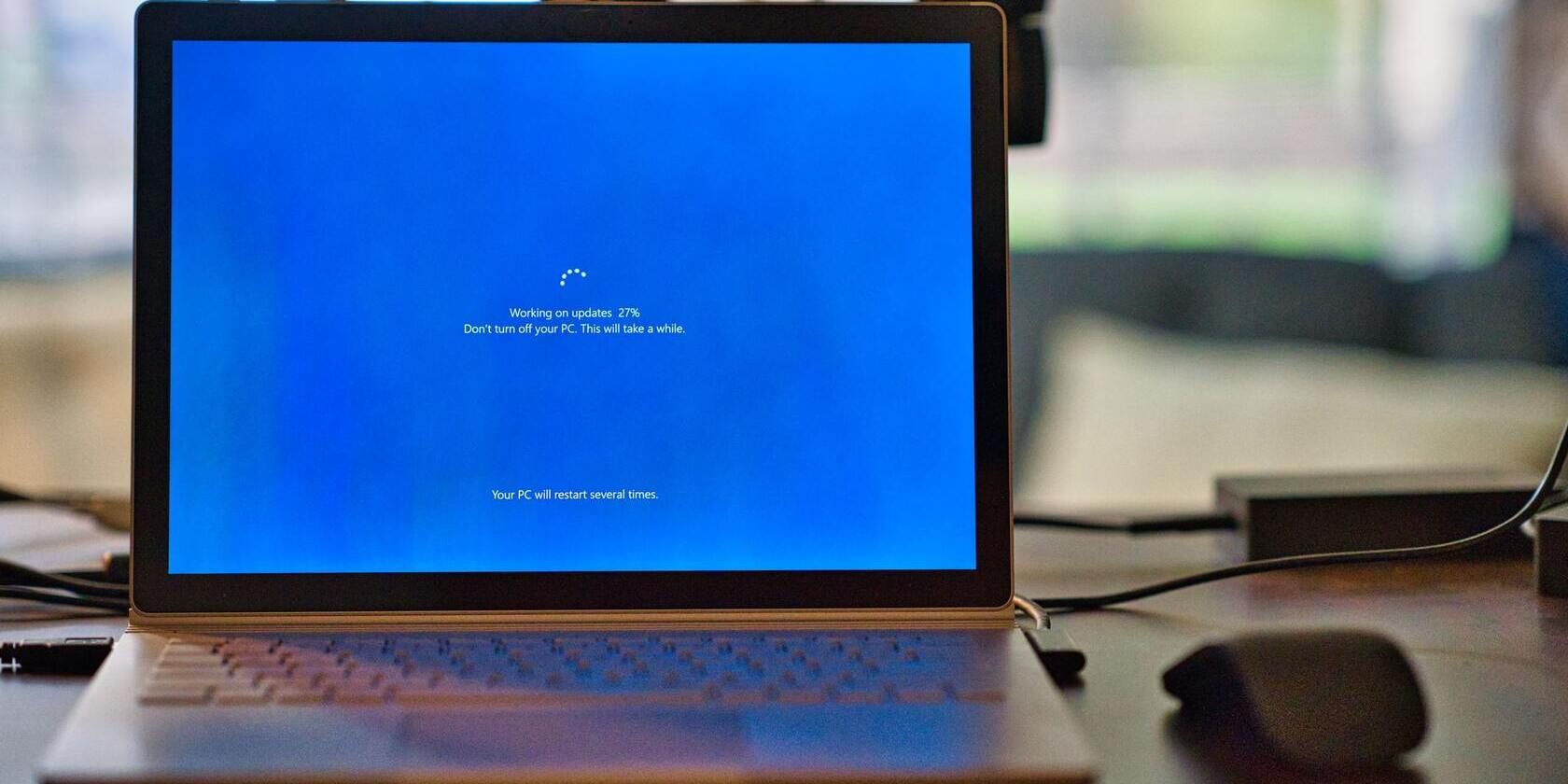With the launch of Windows 11, Microsoft has once again switched up the minimum requirements to install the new OS. Some of the changes have been... controversial, for a lack of a better word, but others have been more sensitive. Among the more sensitive changes, there's a new requirement for using at least a dual-core CPU, as well as at least 4 GB of RAM.
The RAM requirement is interesting. Some computers, even today, still ship with 4 GB of RAM. Is that even enough to run Windows 11? I updated my 4 GB RAM laptop to Windows 11 just to see how's the experience and show you guys how it runs. And bear with me, because I have some thoughts.
Windows 11 Can Run on 4GB of RAM... but Barely
First of all, let's talk about the computer we're performing the test on. This is an HP Pavilion machine with an 11.6-inch display. It's powered by a Pentium Silver N5000 CPU. It's a low-power part that runs at a 5W TDP with a base clock speed of 1.10 GHz, that bursts up to 2.70 GHz. There's also a 128GB SSD installed, and of course, we also have 4 GB of DDR4 RAM.
As you can probably tell, this computer is barely top spec. And it's also barely new enough to run Windows 11. But it's eligible for the update, and it runs. It has a TPM, and the CPU is recent enough. So, for the sake of science, I installed Windows 11 Home on it as an in-place upgrade from Windows 10 (it originally came with Windows 10 in S mode).
This computer doesn't pack much processing power, but Windows 11 runs completely fine with it. I'm able to do some light web browsing on it, and I'm even able to get some work done on it using my browser. That is, however, before we hit our RAM cap and it starts reloading or outright crashing programs.
Even as you turn on the computer, firing up Task Manager shows the absolute chaos going on behind the scenes: memory usage is pinned at over 80%, without even using any programs. Even opening things like Search, or taking a screenshot/snip, can make it jump over to 90% usage. The remaining 10% is what other programs have available for use before they start fighting for resources with other programs and processes running in the system.
Opening Chrome immediately makes it spike up to 95%. Browsing the web is mostly a smooth experience, but I can only really have four tabs open simultaneously before Chrome starts reloading them. You really can't do any kind of smooth multitasking in Windows 11 having only 4 GB of RAM.
Trying to use any other kind of software, especially things like graphic design software, is doable, but you'll not have a good experience. It might chug a bit, or a lot—your system is gonna struggle trying to allocate whatever resources it has between the system's processes and your own programs.
Is 4GB Enough for Windows 11?
The answer to this question, after using it for myself, has gotta be no.
Microsoft is probably in the right by mentioning 4 GB of RAM in the minimum specifications. Because, yes, that's the absolute minimum to be able to run Windows 11. The system installs, and it will run relatively stable. And it won't be completely unusable.
It's pretty snappy at first, but when you have 4 GB of RAM on your computer, you really can't ask much from it. You can only really do light tasks on it before it starts struggling to even perform basic system operations.
The minimum specifications for Windows 10 went down to 1 GB of RAM for the 32-bit version, and 2 GB of RAM for the 64-bit version (Windows 11 has no 32 bit version). We really can't imagine this being even remotely usable with less than 4 GB of RAM, as booting the computer from cold results in 3 GB out of 4 being already occupied by system processes, without even needing you to open anything. With whatever's left, you can open Chrome, do some light browsing, or maybe send some emails or write a document. But that's about it.
How Much RAM Should I Use for Windows 11?
At least 8 GB of RAM. And if you can, go up to 16 GB.
4 GB of RAM basically leaves zero wiggle room for your programs, which is why it's a no-go. Chrome, for one, can gobble up 2 GB by itself when you start loading up multiple tabs. So you want to add at least 4 GB more in order to actually be able to have some programs open in the background.
With 8 GB of RAM, you might still find some scenarios where some programs will crash, and your RAM usage might still be very high in occasions. But at least you will be able to open programs, browse the web, get stuff done, and do a little bit of multitasking without bogging down your whole computer.
If you want to have an actually good experience, 16 GB of RAM is probably the sweet spot. It allows you to open up Chrome and several programs at the same time, and you'll probably struggle to get usage very high, at least at first.
Be sure to check out this post on how much RAM you really need in your computer to learn more.
My Computer Has 4 GB of RAM. What Should I Do?
If you want to install Windows 11 on your computer, a RAM upgrade is in order.
If you're on a laptop, it's probably a good idea to either look on the internet to see if your RAM is upgradeable, or pop the back of your laptop and check yourself. Some computers have soldered RAM, but if you have an open SODIMM slot, you're golden. Buy an additional 4 GB stick in order to bring your RAM to 8 GB. If you have two SODIMM slots (with one of them populated, or both), buy an 8 GB kit (with two matching 4 GB sticks) instead.
If that's not an option for you, you can either take the Windows 11 update at your own risk, or stay on Windows 10 (which is probably struggling just as badly with RAM, to be fair). Alternatively, you can start looking for alternative operating system. Check here to see the best Linux distributions. You can also check Chrome OS forks like Neverware CloudReady and FydeOS.
It's Not Good, But It's Not the End of the World
Despite it being supported, Windows 11 with 4 GB of RAM is not the best experience in the world. It suffers from constant crashes and reloads because third-party programs have basically no RAM available to use. If you want to use Windows 11 on your computer, we recommend having at least 8 GB of RAM.
If you were thinking about upgrading your PC, whether it's just a RAM upgrade or a whole new computer, now's the time.





